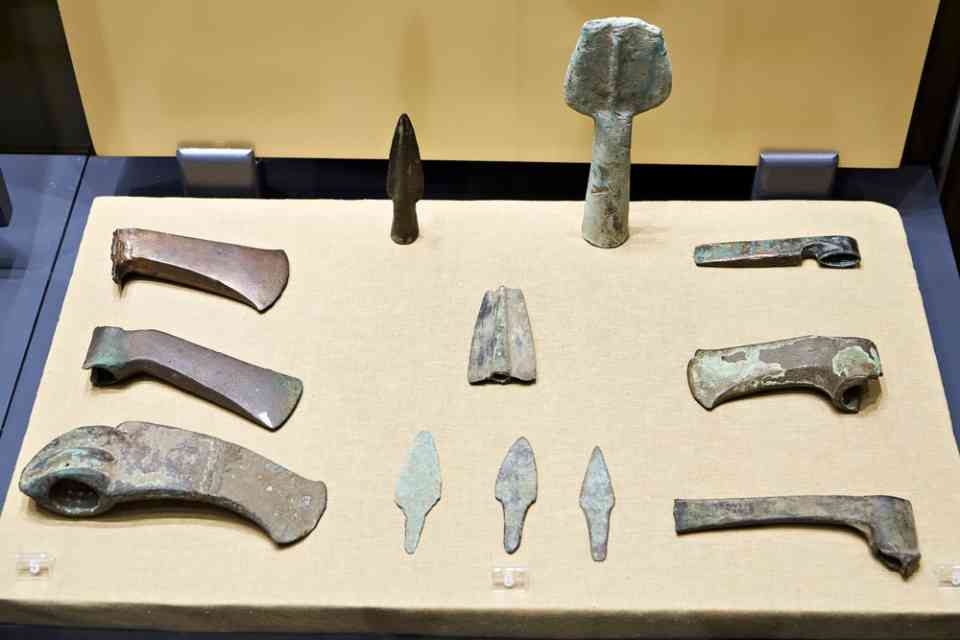Bus transportation could become free to riders in the District of Columbia starting next July if the DC Council adopts a proposal that’s up for a vote next Tuesday. As the Washington Post explains,
The legislation announced Thursday would allow anyone to board a Metrobus in the District without a fare card starting in July. It also would allow for round-the-clock bus service on major routes while contributing $10 million annually to bus transit improvements.
That’s a serious help for working families who rely on buses to get around, and the more people you get out of cars and onto transit, the better for reaching carbon reduction goals, too. The impetus for the proposal isn’t primarily the climate benefits, but rather to ensure that District residents can get where they need to go, affordably. Fares would remain in place for DC’s Metro rail system and for Metrobus trips into DC from Virginia and Maryland. Long term, the Council is also working on a plan to provide monthly subsidies for DC residents to use rail service, too.
The free fare proposal was put forward by Council Member Charles Allen (D), to replace a more costly plan that would have offered DC residents a $100 per month subsidy that could be used for either the bus or the subway. The subsidies would have cost the District about $150 million annually, while eliminating fares on buses will run about $42 million a year.
Allen said his goal wasto make transportation more accessible, helping low-income families and people with limited transportation options find jobs while assisting businesses suffering from labor shortages. He said he also wants to help Metro by generating new riders and funding annual improvements to aboveground transit infrastructure.
DC Council Chair Phil Mendelson called the plan “a big deal” in a press release, although honestly that phrase should always include “fucking” for emphasis. He added that the plan would “encourage more folks to use public transit, which means numerous benefits, from reducing congestion to improving the environment to stabilizing WMATA” (that would be the “Washington Metropolitan Area Transportation Authority,” which dearly begs to be abbreviated).
Mendelson said the proposal would make DC “the first major city in the United States that will have free bus service.” Look for some major grumping about what counts as “major” from city officials in neighboring Alexandria, Virginia, as well as Albuquerque, Tucson, Richmond, Kansas City (the Missouri one), and Olympia, Washington, which also have fare-free buses and did it first.
The Post also notes that when the pandemic hit, DC buses went fare-free for much of the rest of 2020, when the bus company
closed front entrances and the first few seats of buses to protect operators from coronavirus exposure. The move forced the transit agency to abandon fare collection, contributing to historical revenue losses. Metro took in $20.4 million in bus fares during a fiscal year in which it had projected to collect $117.8 million.
Since the pandemic, Metrobus ridership is nearly back to regular levels, but Metro board member Tracy Hadden Loh told the Post that “fare evasion” has increased so much that the system last year took in only $25 million. If DC just pays Metro to run the buses without fares, the system would take in $43 million annually in taxpayer funds instead — and it would also save on trying to recover those skipped fares.
Bus travel would even become more efficient because nobody would ever have to wait to board while another passenger goes through their pockets looking for that one last quarter they were sure they had, where the hell did it go? “We’re solving multiple problems at the same time here,” Loh said.
After initial testing of electric buses this year, Metro will begin purchasing only electric or low-emission buses starting in 2023, with only electric or other zero-emissions buses being purchased in 2030. Full conversion of the 1500-bus fleet to zero-emissions technology is only planned to be completed by 2045, but that timeline was published last fall, before passage of the Bipartisan Infrastructure Law and this summer’s climate bill, both of which include grants to electrify bus fleets, so we’re betting the actual switch to full zero-emissions buses is completed well before then. Make a note to yell at Metro if it doesn’t revise that timeline forward significantly within the next couple years, OK? And heck, yell at your own cities to encourage ’em to green up their transportation, too!
[WaPo / Washingtonian / Greater Greater Washington / Image created using Stable Diffusion AI]
Yr Wonkette is funded entirely by reader donations. If you can, please give $5 or $10 a month to help us keep you plugged in to all the nicetime news we can get!












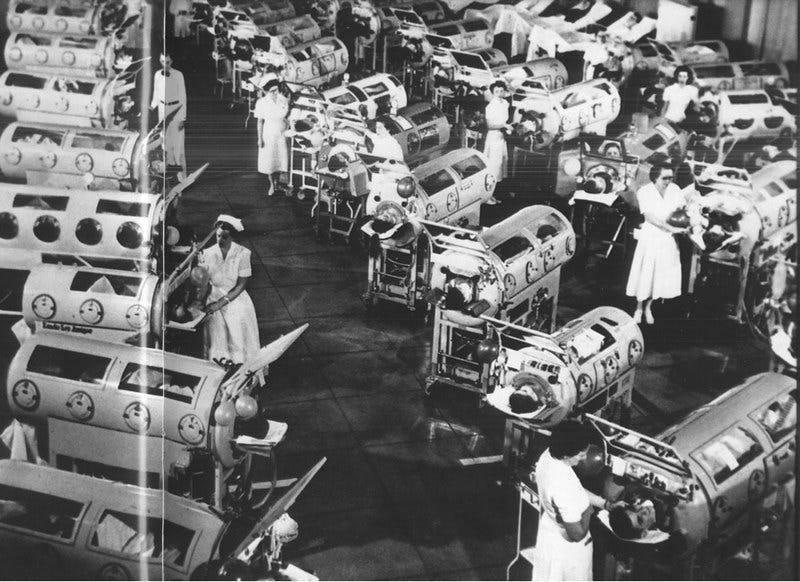

















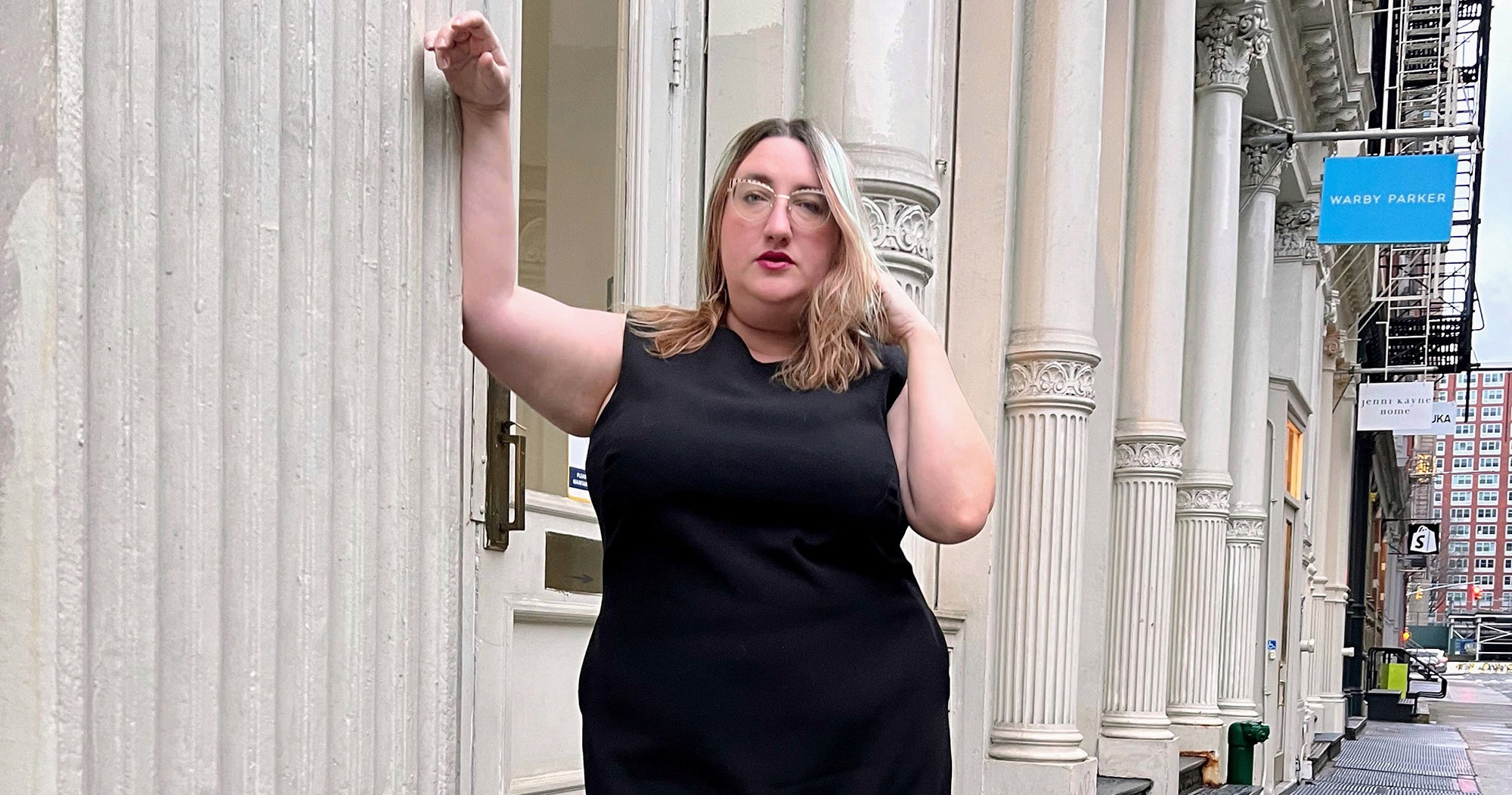

















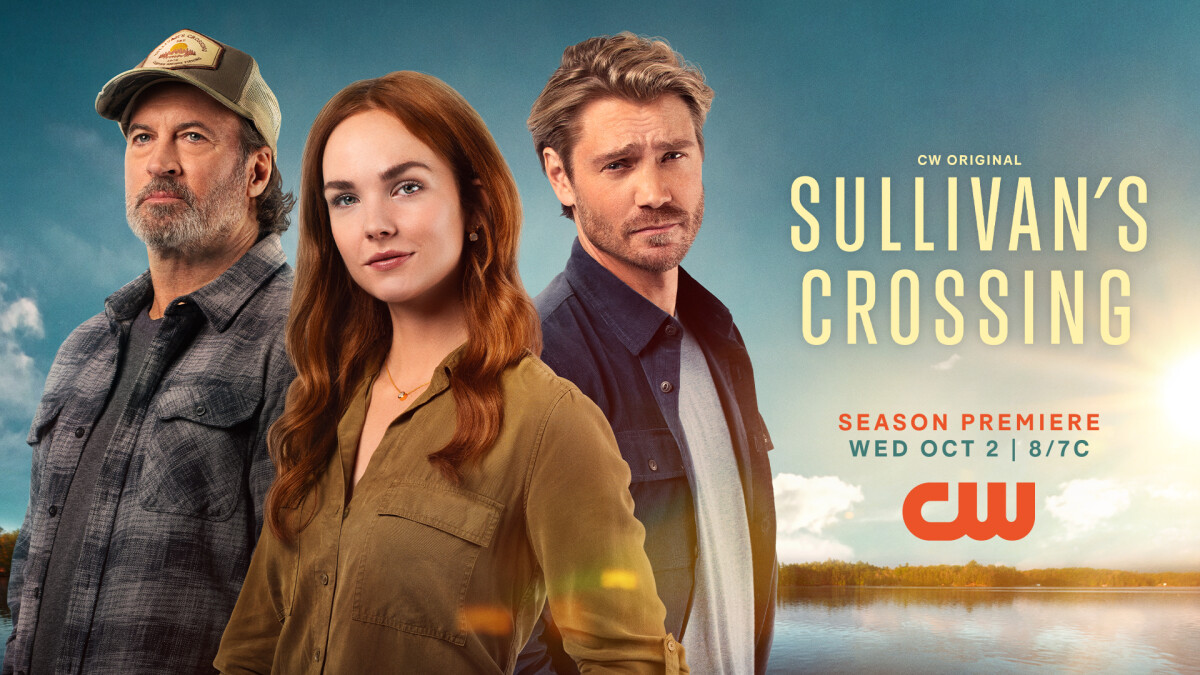



















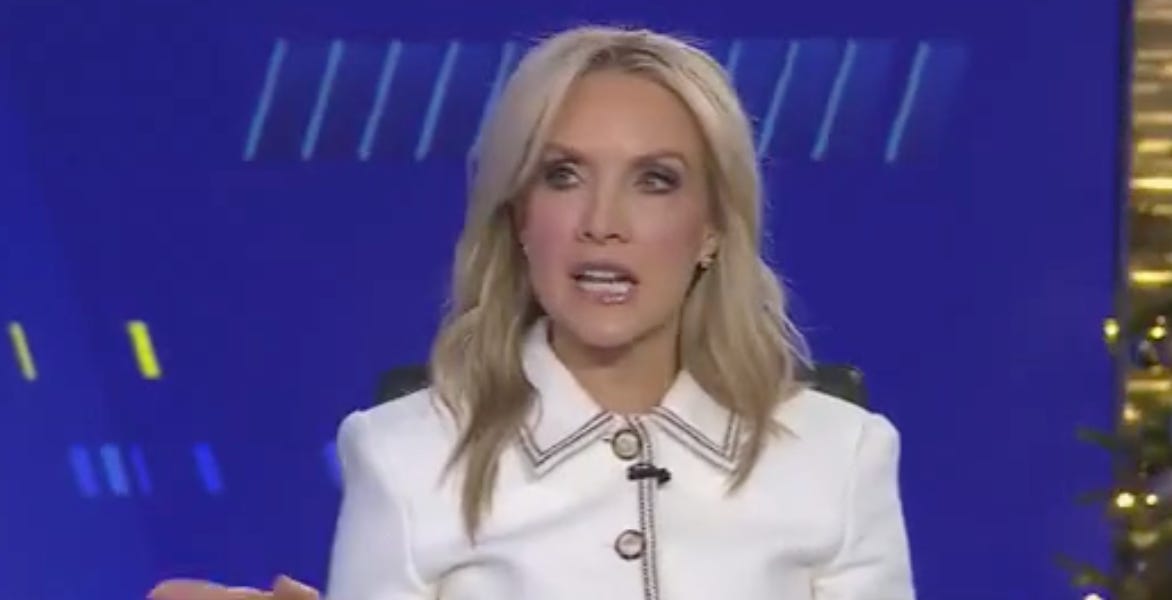
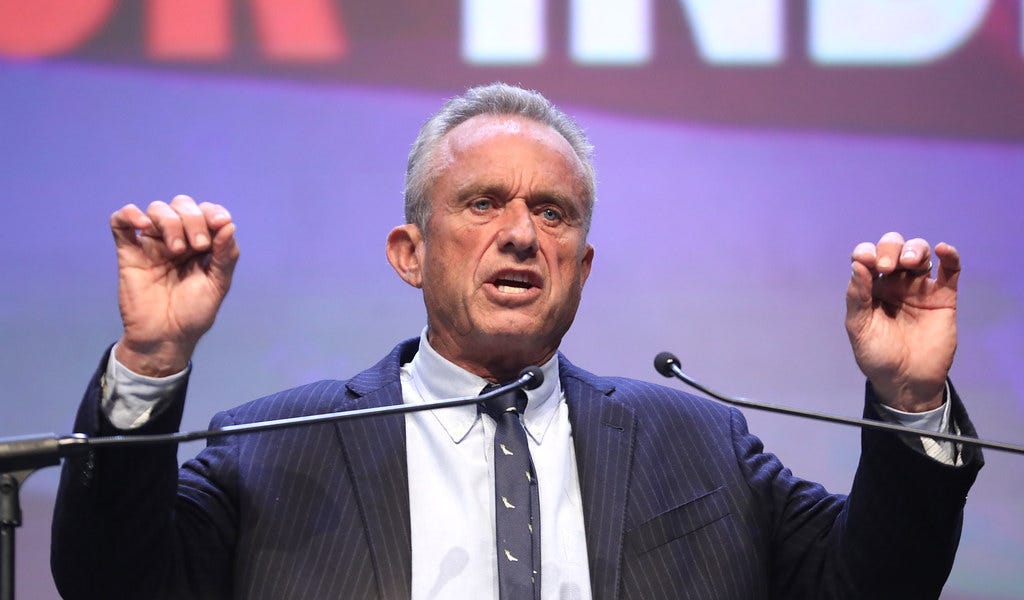
.jpg)
